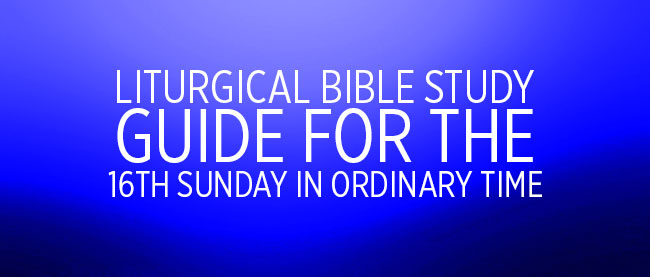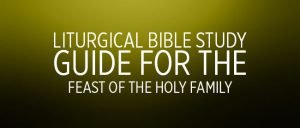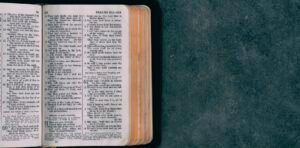1st Reading – Jeremiah 23:1-6
Jeremiah is classed as the second of the four major prophets (Isaiah, Jeremiah, Ezekiel, & Daniel). They are called “major” because of the length of the works attributed to them. Jeremiah is another of the reluctant prophets – he frequently protests, in his conversations with God, his dislike of proclaiming the message of destruction. He lived at the same time as Ezekiel (who we studied two weeks ago) and also at the same time as Zephaniah, Nahum, & Baruch (who was his secretary). Jeremiah came from a priestly family and was called by God as an adolescent (628 B.C.). His ministry lasted about 40 years. In order to make it clear that it is God’s words he is reporting, he uses the phrase “says the Lord” 338 times in his writing.
At the beginning of Jeremiah’s ministry we find that Palestine is divided into two kingdoms: Israel in the north and Judah in the south. Part of Israel is a province of Assyria and the rest, along with Judah, is an Assyrian vassal state. The Assyrians had been the leading power in the near east for about 200 years and as a result of political influence Judah has experienced a resurgence of idolatry. The Assyrian empire, however, had crumbled and after about 625 B.C. there was no effective Assyrian government in Palestine. In 621 B.C. the Book of the Law was discovered in the Temple and Josiah (king 639-609 B.C.) led a thorough reform in Judah which extended into the northern kingdom. This was a move of independence and it must be assumed that a number of people had remained faithful to God’s covenant and supported the king. During Josiah’s reign a solemn ceremony was conducted and the Mosaic covenant was renewed. There followed total destruction of all the high places where idolatrous practices were performed which kept Jerusalem as a unique cultic center. Josiah died in 609 B.C. (some historians think he was assassinated while others believe he died in battle). His son Johoahaz was proclaimed king by the people but 3 months later was taken prisoner and brought to Egypt. Jehoiakim was installed as king by Pharaoh Necco III. Jeremiah upbraided him for his servility to the Egyptians, saying it would cause his downfall and ruin the country. Jeremiah had not favored pacts against the Medes and had prophesied that the Babylonians would prevail and that Jerusalem would be destroyed. In 605 B.C. all Syria and Palestine came under the control of Babylon and their king, Nebuchadnezzar.
When Jehoiakim died in 597 (probably assassinated) he was succeeded by his son Jehoiachin who 3 months later surrendered to the Babylonians and was deported along with the queen mother, the entire court, many nobles and people of every class except the poorest (Ezekiel was among these exiles). Zedekiah was installed as the newest (and last) king of Judah by Nebuchadnezzar. Today’s reading is an oracle about this last king. 2 Jeremiah and Baruch had stayed behind during the deportation but later were taken by some of their countrymen to Egypt. The temple of Solomon was destroyed by the Babylonians in 586 B.C. Jewish tradition has it that Jeremiah was starved to death by his fellow exiles.
2nd Reading – Ephesians 2:13-18
Last week’s second reading was the prayer of blessing in which God’s plan is revealed and accomplished (Ephesians 1:3-14). We now move along to the section of St. Paul’s letter which describes the union of Jew and Gentile.
Gospel – Mark 6:30-34
Last week’s Gospel reading told of the sending out of the apostles two by two. This week we skip over an interlude concerning the beheading of John the Baptist and now the apostles return.





